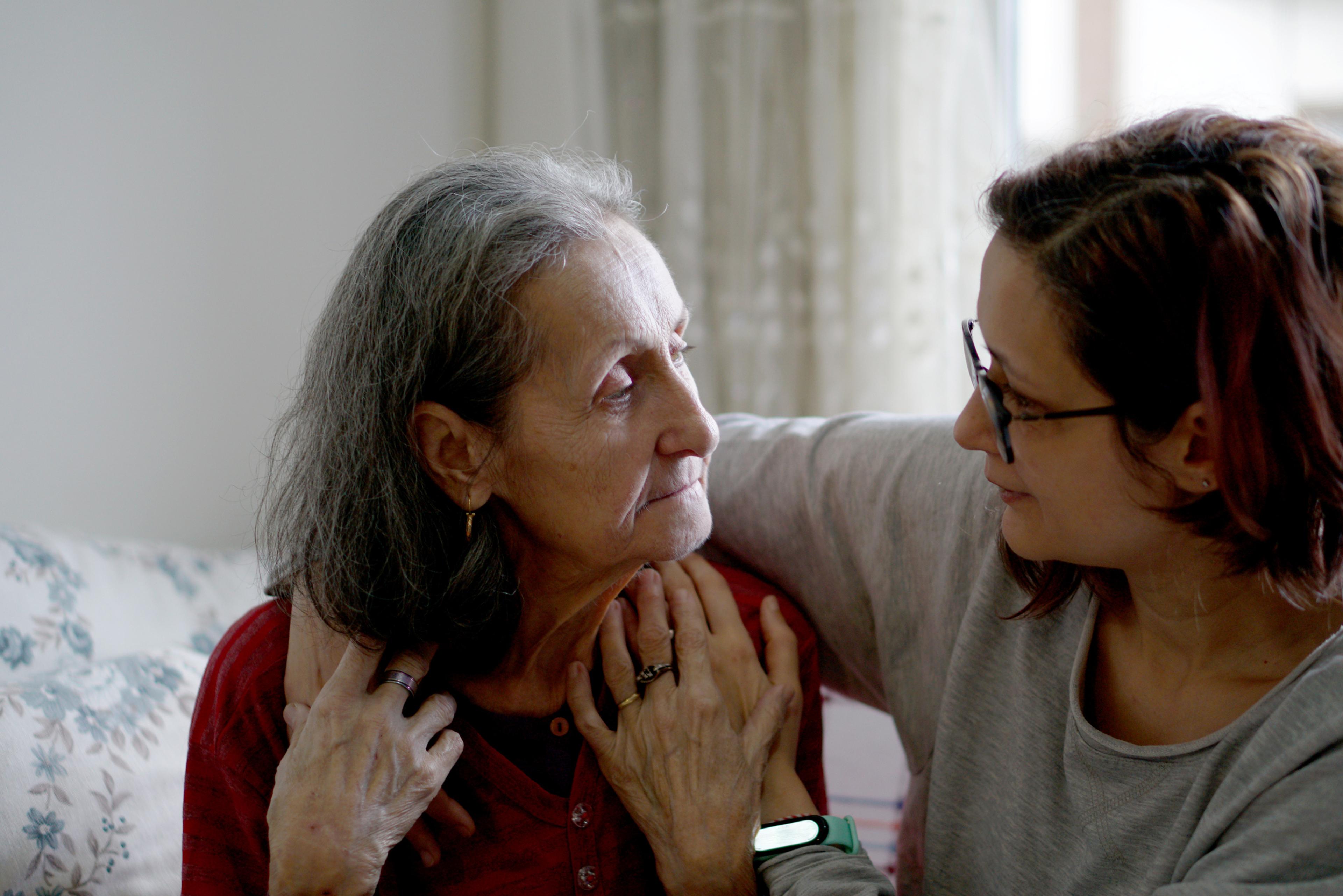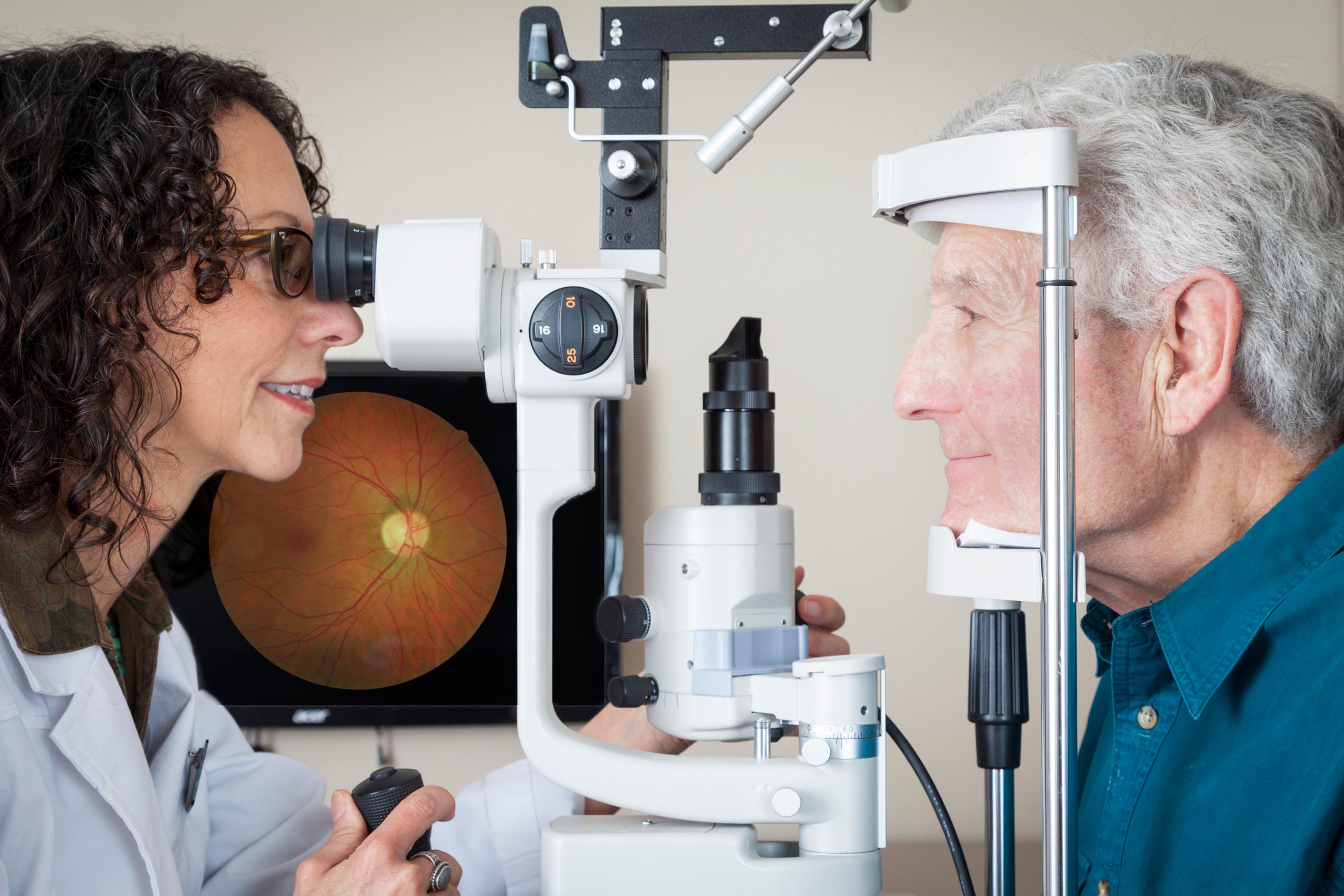Doctor, I’m Concerned About Alzheimer’s Disease, What Can You Tell Me?

Dr. Raymond Hobbs
| 3 min read
Dr. Hobbs, MD, is a senior medical director in Utili...

By Dr. Raymond Hobbs, M.D., senior medical director at Blue Cross Blue Shield of Michigan.
Alzheimer’s disease is the most common cause of dementia in the United States and affects about 6.9 million Americans. Most cases occur in people over age 65, but a small number of younger people may be affected. The progressive disease slowly destroys memory, thinking skills and the ability to perform simple tasks. Eventually, a person with Alzheimer’s dementia and loss of mobility often needs round-the-clock care.
However, Alzheimer's is only one type of dementia, and some are treatable. This distinction makes a diagnosis important, so patients can receive the correct treatment.
What is a common memory issue and what is a cause for concern?
Occasional memory problems can occur in anyone at any time and still be considered normal. If, however, the memory problem worsens over time and affects the person’s ability to function, it needs to be evaluated to determine the cause.
Alzheimer’s disease has a unique type of memory loss where short-term memory is lost much earlier than long-term memory. This can be a clue to the diagnosis. In this situation, the individual may accurately remember what they did years ago but be unable to remember what they did yesterday. Someone may remember the specifics of a family trip 50 years ago, but not remember their breakfast, which can cause confusion among loved ones.
Here are 10 warning signs from the Alzheimer's Association:
- Memory loss that disrupts daily life such as repeating themselves and forgetting events.
- Challenges in planning, solving problems and carrying out regular tasks such as paying bills.
- Difficulty completing familiar tasks at home and work like cooking, using a cell phone or driving.
- Confusion about future events or losing track of time and dates.
- Difficulty with balance, dropping items and judging distance.
- New difficulties with speaking and writing, including having trouble following a conversation and struggling to find words.
- Misplacing items and struggling to retrace steps to find them.
- Poor judgment, such as falling for a scam or not managing money correctly.
- Withdrawal from social activities and activities they enjoy.
- Changes in mood and personality, including becoming suspicious and getting upset easily.
How is Alzheimer’s diagnosed?
When physicians evaluate patients for memory loss, the physician will consider their background, educational level, what kind of work they did and ask questions that they would be expected to know. The patient may be given a short list of words to remember and then asked to repeat them a few minutes later. Other tasks are to draw something, follow a command and perform simple calculations.
These seem simple but are useful to confirm there is a problem. At this point, a physical exam, simple blood tests and MRI imaging or a CT scan can help diagnosis. There are also newer, more advanced tests such as a beta amyloid PET scan that can be more specific for Alzheimer’s disease and useful in determining future treatment.
What are the benefits of an early diagnosis?
Although Alzheimer’s disease is progressive and without a cure at this time, some related symptoms can be treated. Here are some important considerations:
- Depression frequently complicates Alzheimer’s in the early stages of the disease and can be helped with medication.
- There are specific medications that can slow the progress of Alzheimer’s disease. It is best to start these earlier to obtain the best results.
- There are newer forms of treatment that have become available in the past few years as well as newer therapies that will become available in the near future.
- There are research centers specializing in Alzheimer’s disease.
If you have concerns about your memory or that of a loved one’s, contact your physician for more information.
Dr. Raymond Hobbs, M.D., is a senior medical director at Blue Cross Blue Shield of Michigan. For more health tips and information, visit MIBlueDaily.com.
Image: Getty Images





